B M Vyas

Subscribe to read full article
This section is for paid subscribers only. Our subscription is only $37/- for one full year.
You get unlimited access to all paid section and features on the website with this subscription.
Not ready for a full subscription?
You can access this article for $2 , and have it saved to your account for one year.
- Real Name: Brij Mohan Vyas
- Born: 22/10/1920 (Churu, Rajasthan)
- Died: 11/03/2013 (Mumbai)
- Primary Cinema: Hindi
- Spouse: Jamna
A titanic stature, a booming voice and commanding presence – these attributes defined the legendary B.M. Vyas who could steal the thunder from even the great Prithviraj Kapoor. A veteran of over 200 films, Brij Mohan Vyas left an enduring legacy in Indian cinema, both as actor and singer.
Born on 20 October 1920 in the Churu district of Rajasthan, the young Vyas was always interested in music and singing. He nursed ambitions of becoming a playback singer in films. He studied Sanskrit in college and passed with honours. In the early 1940’s his brother, the lyricist Bharat Vyas, asked him to come to Mumbai. Once there, he started his training in music at the Deodhar Sangeet Vidyalaya. He was very active in theatre, singing twenty songs in the Rajasthani play Ramu Chanana. Pandit Indra, the lyricist, was very impressed with his singing and introduced him to the owner of Ranjit Movietone, Chandulal Shah and Gohar Mamajiwala. This proved to be a turning point in his career. He sang the Pandit Indra song Alakh niranjan, jai jai jai manaranjan for the film Bhartrihari (1944) which was directed by Chaturbhuj Doshi. The song became quite popular and soon he was flooded with offers.
He worked with the composer Ram Ganguli in Maharana Pratap (1946). He also sang the famous chorus song Hindustaan ke hain hum Hindustaan hamara with Mohammed Rafi, Shyam Kumar and Alauddin for the film Pehle Aap in 1944. He had no desire to become an actor at this point. But his knowledge of Sanskrit convinced Prithviraj Kapoor to offer him the role of Kanva Rishi in Prithvi Theatre’s first play Shakuntala. He subsequently worked with Prithvi Theatre for eleven years. He played significant roles in plays like Deewar¸ Pathan, Gaddaar and Ahuti. With his singing opportunities lessening due to the advent of newcomers, he started focusing more on his acting career. When the manager of Prithvi Theatre, Ramesh Sehgal left to join Chetan Anand’s India Pictures, he recommended B.M. Vyas for a role in Neecha Nagar (1946). This was the beginning of his acting career in films. He soon became a valued character artist, usually playing the role of a father in films like Barsaat (1949), Awara (1951), Baiju Bawra (1952) and Tumsa Nahin Dekha (1957). He was acclaimed for his role as the prisoner in V. Shantaram’s Do Ankhen Barah Haath (1957). He also earned applause for his performance as Chanakya in Samrat Chandragupt (1958). But arguably his most memorable role was of Raavan in Babubhai Mistry’s Sampoorna Ramayan (1961). His performance made him a favourite of Homi Wadia’s and he appeared in many films under his Basant Pictures banner. After a prolific career lasting for over five decades, he retired in the early 1990’s.
B M Vyas led a happy family life where he was the father of six daughters and a son. His wife Jamna passed away in December 2008. He passed away on 11 March 2013 in Mumbai, leaving behind an immense legacy.
-
Filmography (180)
SortRole
-
Nanibai Ko Mayero 61702
-
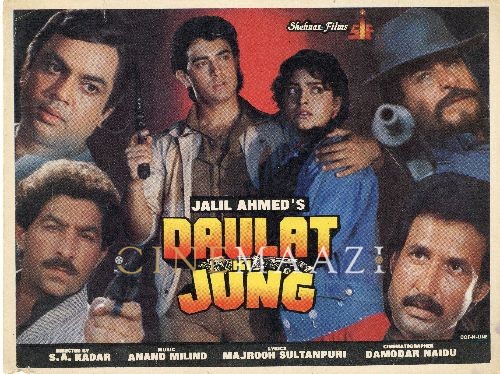
Daulat Ki Jung 1992
-

Maa 1991
-
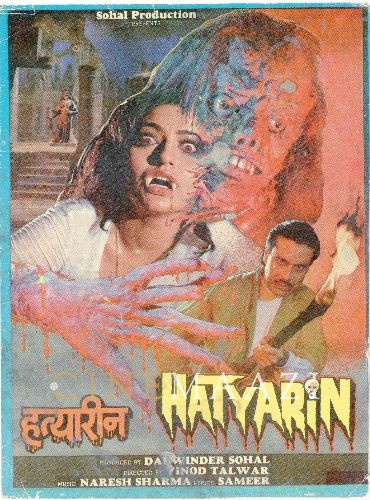
Hatyarin 1991
-
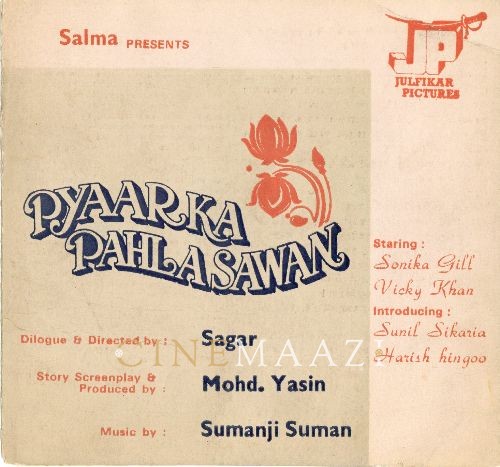
Pyaar Ka Pahla Sawan 1988
-
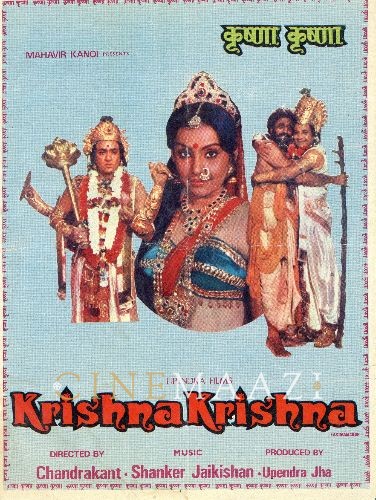
Krishna Krishna 1986
-
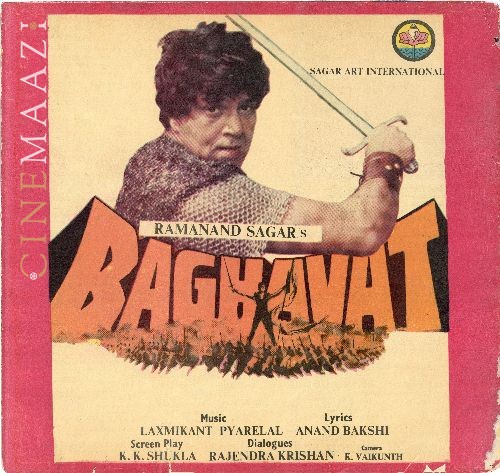
Baghavat 1982
-
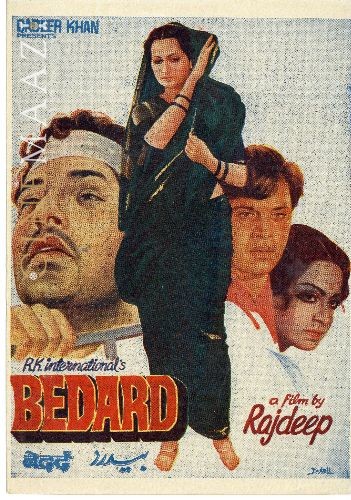
Bedard 1982
-

Ek Aur Sangraam 1982
-

Choron Ki Baaraat 1980
-
Shiv Shakti 1980
-



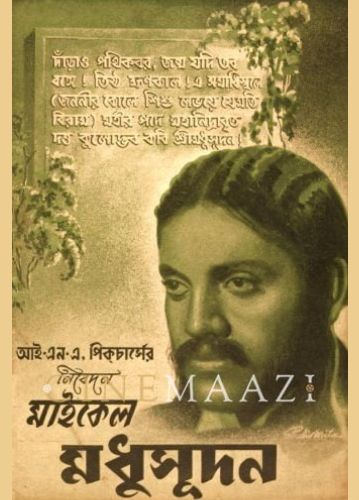
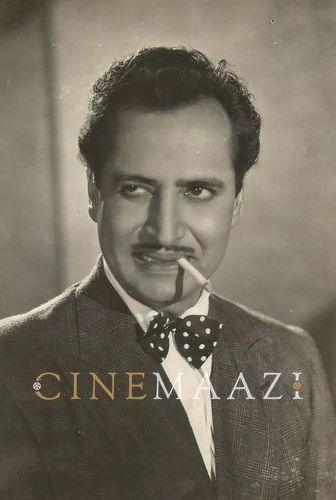
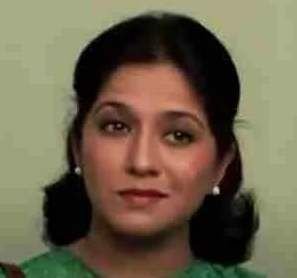
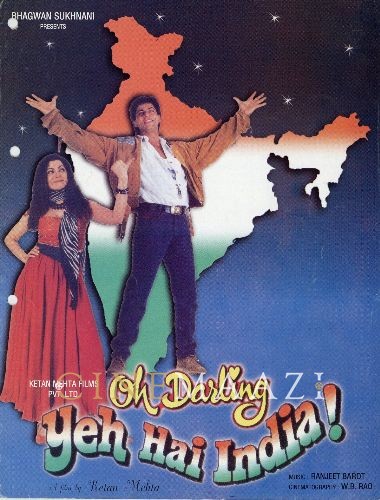




.jpg)



